|
Just recently I became a student in two language classes again. I started a tandem Story Listening class with Alice Ayel, who is teaching me Spanish, while I teach her German. At the same time, I have started to take an online French class as part of my Masters of English Studies program. I am excited to take both because I believe that a teacher, who stops learning is like a cook who stops eating. So here is my taste test. While both classes have a listening comprehension focus, they are fundamentally different in their approach and in how they effect me as a learner. Let's start with the attributes they have in common:
Supplementation is attaching meaning to the auditory/written word to help me understand the message of the input, without it, I will receive input, but it will not be comprehensible to me. Acquisition will not take place. This is the case in many immersion situation. "Living in the country where the language is spoken is of greatest benefit to those who can understand at least some of what they hear and read. Beginners benefit less from living in the country." (Krashen, 1992) Now let's look at my background with each language and how they differ in approach, I will get back to supplementation after that.
Just from this list, it is quite obvious that the two classes are VERY different. For one there is my own motivation in taking them both. I am highly motivated to take Spanish, because I love the language and want to acquire more. My level is higher than in French. I have taken 2 semesters of Spanish during my BA (one short 5 week summer semester in Madrid, Spain) and I have read language learner books in Spanish just for fun. My two encounters with French before were once in 7th/8th grade where I was taught from a textbook and felt miserable in class. Then I took a short demo class in 2016 in Agen, France and felt much more successful and it helped me overcome my very negative feelings towards French. Going back to it as an adult, with the knowledge I possess now about language acquisition, I can look at it differently. I know how to find help (in form of comprehensible input) as I need it. I am taking it at the university to receive credit, but I am also watching Alice Ayel's videos to feel more confident and get the comprehensible input that I so desperately need. I started substituting this class immediately with Alice's videos. Which brings me to the biggest difference in these two classes. One is focusing on comprehension of the language, understanding of the message (lots of supplementation). While the other is merely focusing on acoustic comprehension (little supplementation). What do I mean by that? This is an example of what I listen to during this classes.
These little excerpts present some drastic differences: The French recording, as is the nature of any recording for language classes, is not made to address my needs as a language acquirer. One stated focus of the class is "vocabulary, grammar and themes from the A1 level, with a language speed that comes close to the French native speaker." (Wortschatz, Grammatik und Themen von Niveau A1, dazu ein Sprechtempo, das dem der Franzosen nahe kommt). The objectives are set by an outside curriculum and speed of language listened to is slightly adjusted if any from the very first lesson. (Mirroring Immersion?) The focus hence is for me to acoustically distinguish between when one word ends and another starts in native like speed, while filtering out the information I need to answer the comprehension questions (between 10-16 per recording). Now listen to the French recording again and think about this one question only: How is the meaning of the message made comprehensible to you if you are a total beginner in French? The answer is quite simply: It is not. There is nothing here accompanying the recording that establishes meaning of the spoken or the written words. That is why I am saying I feel like I am just supposed to acoustically match the sounds to the written words. I had to search on here to find where I could get a little more help. On the very bottom of each lesson, there is a link to the transcript. Everything that is blue and underlined can be looked up in German. If I click on a phrase it shows me the translation, if I click on a verb, it will show me the conjugation table of the verb. Everything in black I am unsure if this all came up earlier or if it's not important for me to understand. This is the only supplementation I am receiving in this class. 100% translation and I have to look everything up separately. Luckily, I have had some French before, I have Alice's videos, I can see similarities with other languages I know (English/Spanish) to help myself find meaning. I am drawing on previous knowledge for a total beginner class that gives me little else for help. So if I am being generous this is the supplementation I am receiving: written words, L1, knowledge of the world (I am very generous indeed and count in my own language experiences here). Now listen to the Spanish again and compare my Spanish class with Alice to the French class. It should be obvious right away that Alice supplements more in her verbal input. Alice and I meet over Skype, we are face-to-face, which is a big advantage. I can infer meaning from her gestures and facial expression, because I can see her and she is using these supplements to guide me. She uses translation where necessary, but relies mostly on drawing (as is typical with SL) and because I do have previous knowledge she is using synonyms/antonyms and quick explanations. Her speech is much slower than native level. She has the written words on the board with the pictures and makes sure that the words are understood, so I can understand them when I later on read the story. She breaks long sentences into shorter ones, sometimes repeats chunks. She makes connections to my previous knowledge. Alice uses every supplementation listed. My comprehension is her goal. These two approaches for classes that I am highly motivated to take have very different effects on me. During the Spanish class I am relaxed and engrossed in the story, which was chosen for it's content being interesting not for the language the teacher thought I should learn that day. My mind is not on the language, but on the message. I can easily repeat the story in German/English and in fact have retold them to my daughter. My affective filter (Krashen, 1982) is low to non-existent. I am enjoying myself, I laugh, I am making emotional connections. I can recall words/phrases after just one story. I forget that I am listening to Spanish and when I read the stories I am amazed by how well I understand, my confidence with the language is constantly growing. I trust the process. In contrast to this there is French. There is very little plot to the auditory input I am listening to. It's chosen to match a vocabulary list, it's not interesting. My mind is trying to figure out what they are saying (as there is so little supplementation) and I am already nervous about answering the comprehension questions afterwards. I worry about not doing well on the exam in February - it's OCTOBER! (very low confidence) I don't enjoy these little tasks. I look for other input to help me supplement (Alice's videos) to find enjoyable input that I like to listen to. At this point, about two weeks in, I have probably listened to 3x as much French from Alice's videos, than on the University online platform. I listen to three in a row, then do one exercise (yes, that's all they are to me) on the online platform. I turn on close captions to get more written input as well and to get another form of supplementation while I watch Alice's videos. My only emotional connection is annoyance. I am still very excited to learn more French, but that excitement is watered down by the exercises I have to take. (Imagine I was your typical K-12 student, not a motivated adult!) Without the supplementary videos I would feel lost. The class tries to force progress. So here is my little taste test result. Story Listening lessons are delicious. They are flavorful, due to the rich input and I am able to digest the story and enjoy the taste. As for French, there is a chance I might choke on the bland brew. Luckily, I have been able to find my own spice to add so I can stomach what I am forced to process in this class. So dear colleagues, please be good cooks, language should be a feast! Here is one of the lessons I have received from Alice. Hoping my lessons make her as happy as hers make me!
2 Comments
Karen Olson
17/11/2018 11:28:51
Thank you for your thoughtful and thorough post! It helps me so much as an aspiring CI leader to read this! Thank you, too, to Alice Ayel for posting in CI Liftoff the link to this post!
Reply
welovedeutsch
17/11/2018 11:32:48
Thank you, Karen! I saw that Alice posted it in the Story Listening and Reading for Language Acquisition group on Facebook. I can only recommend finding another teacher, who teaches with Story Listening to tandem. It's a wonderful experience for both, the teaching and the learning and it's free PD!
Reply
Your comment will be posted after it is approved.
Leave a Reply. |
If you like my videos and materials, consider buying me a coffee. :)
Archives
May 2022
Categories
All
|
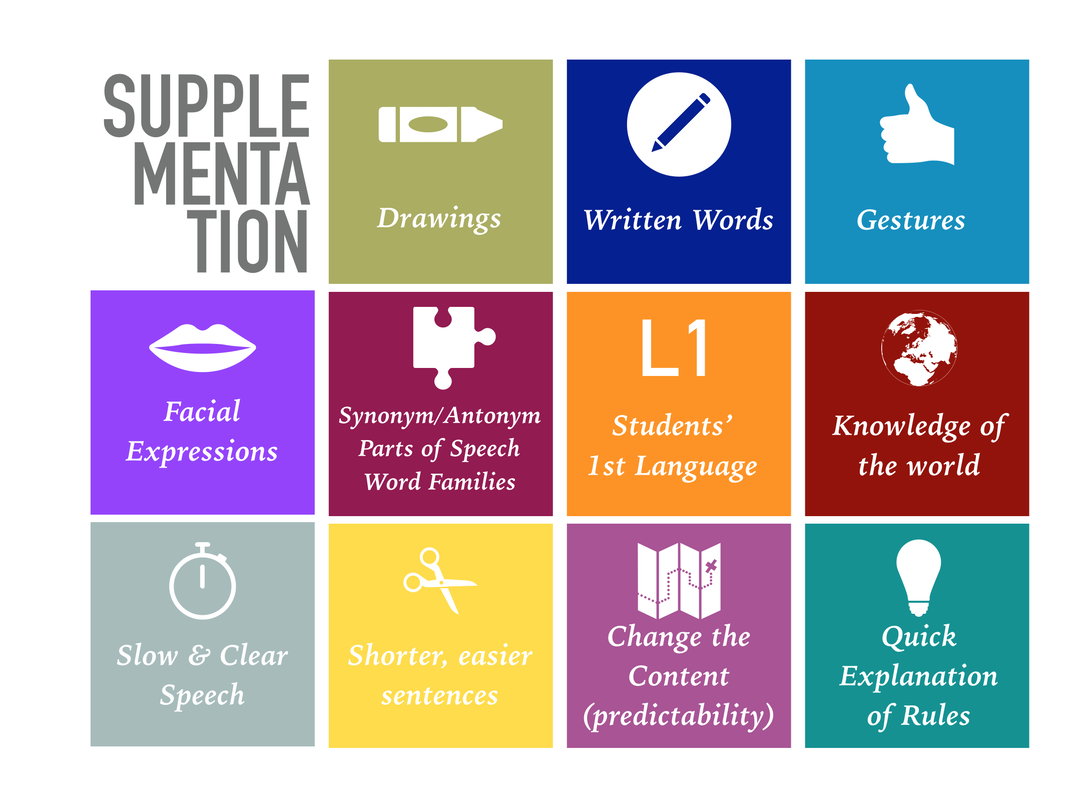
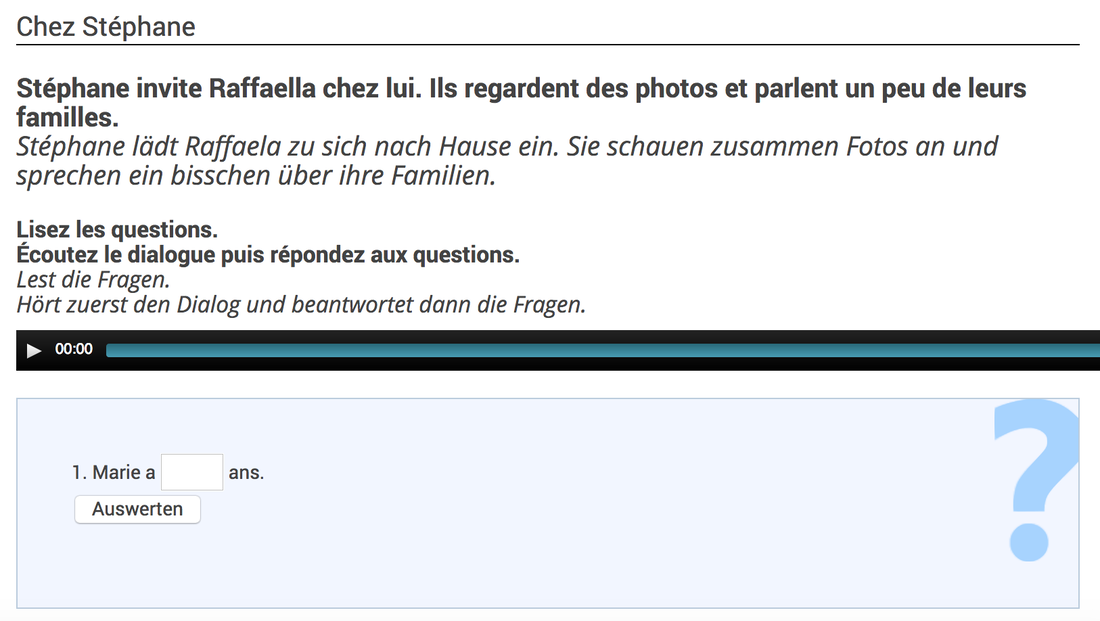
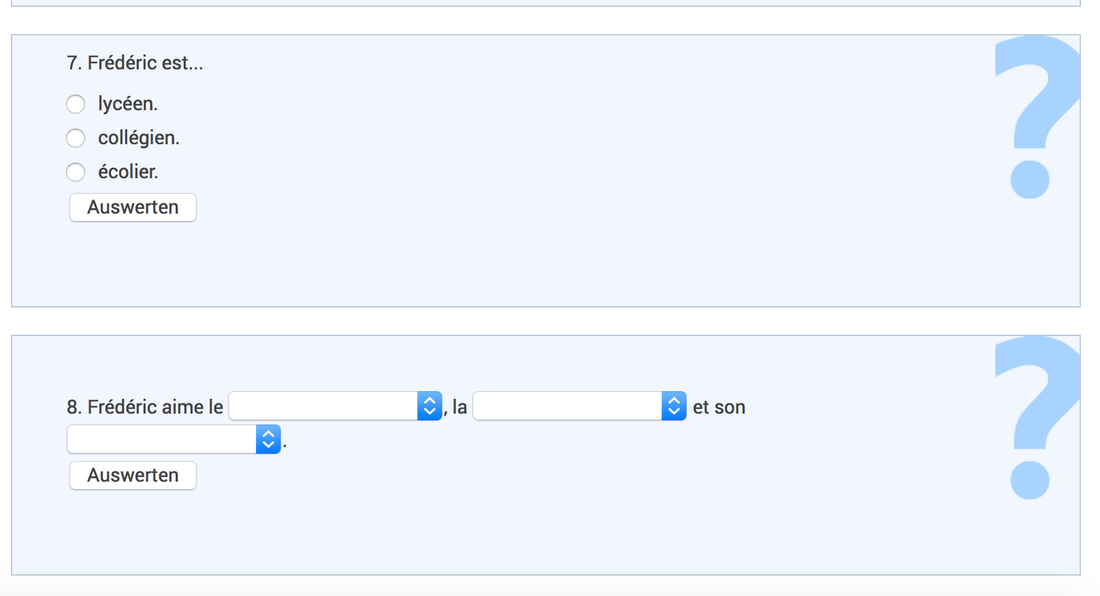
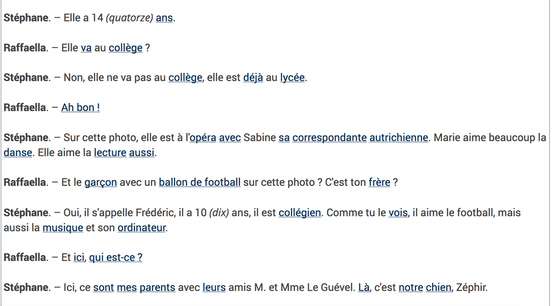
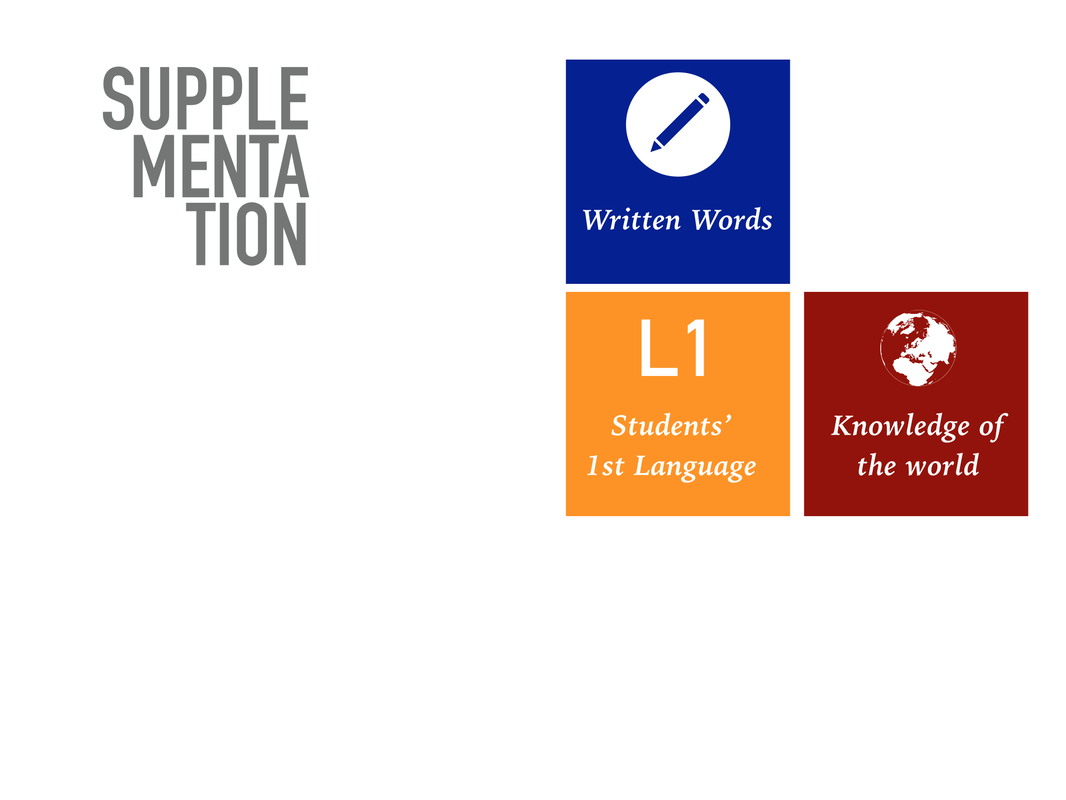
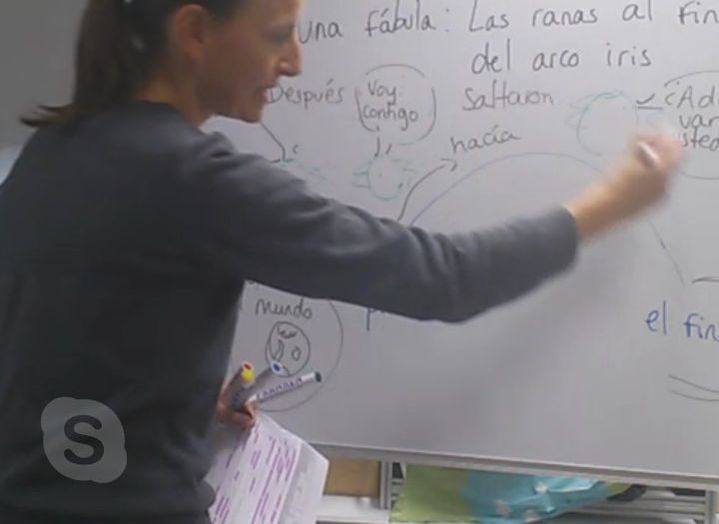
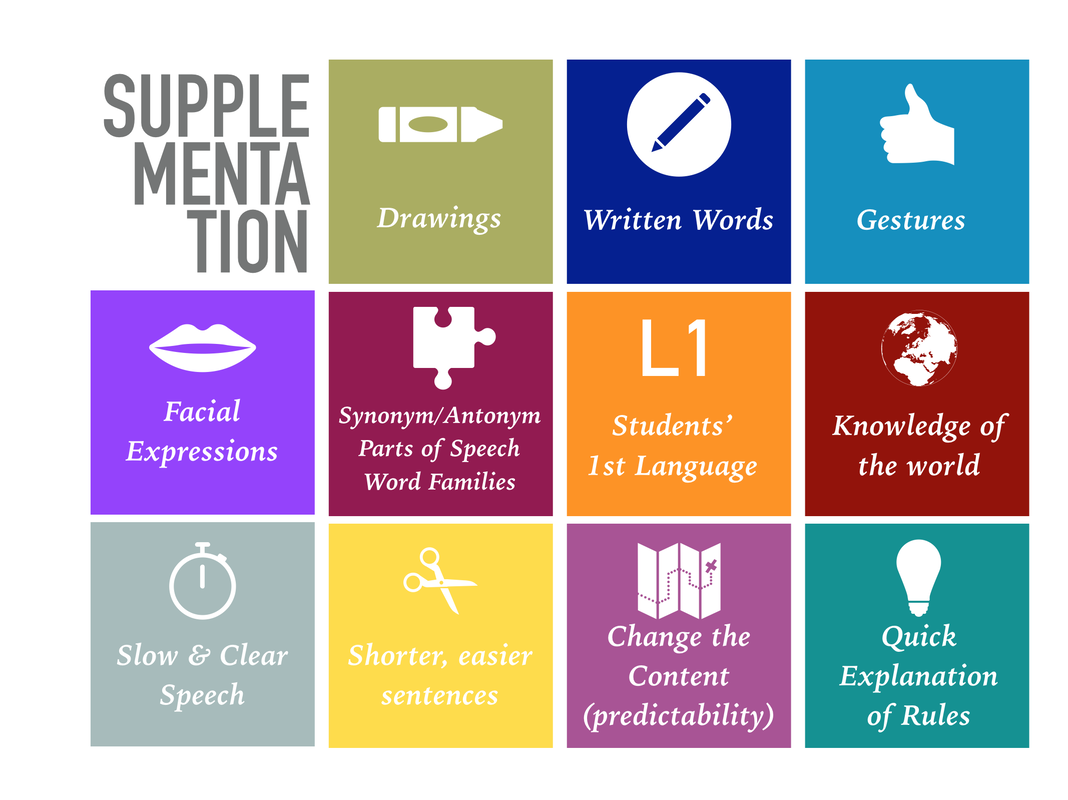

 RSS Feed
RSS Feed
